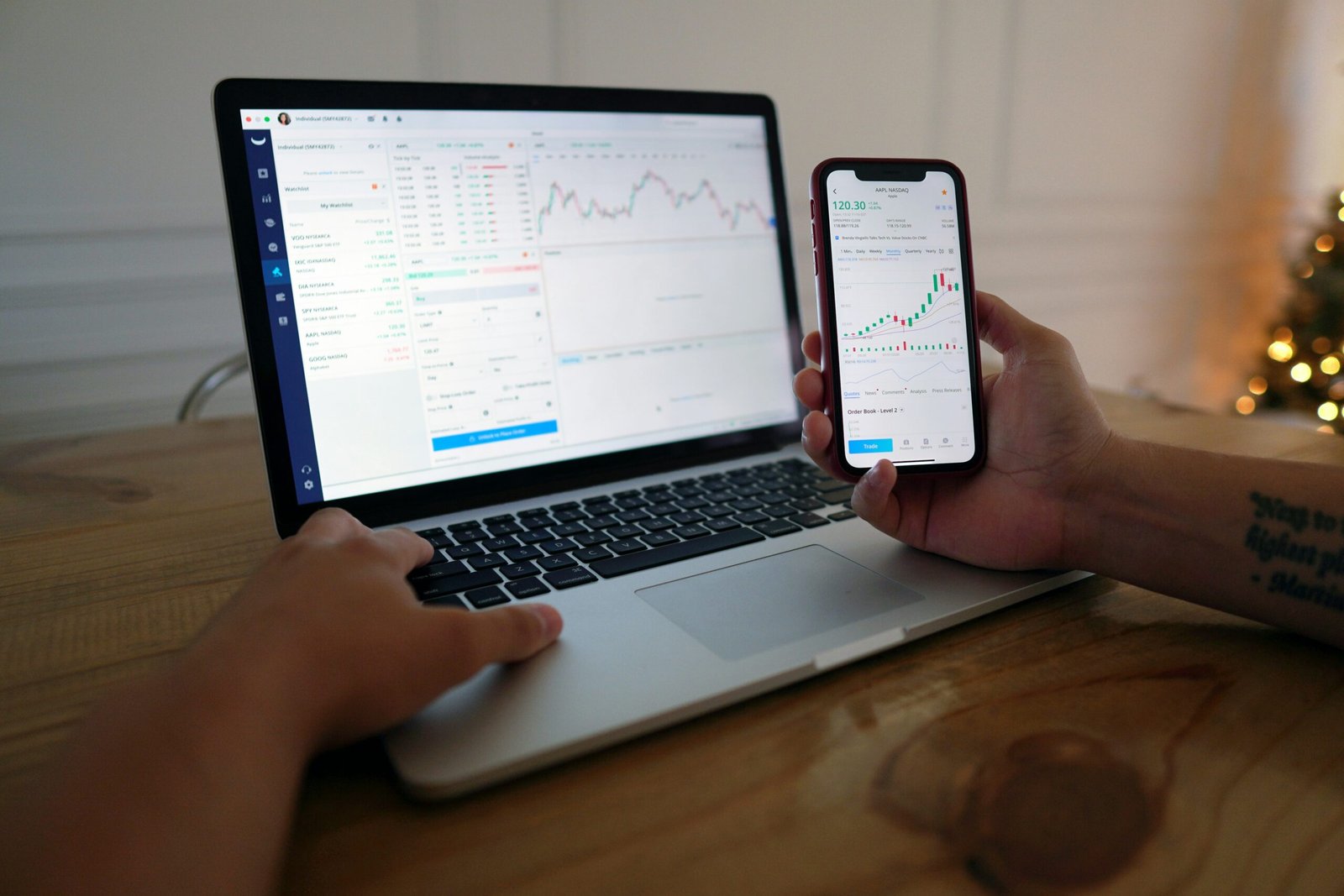
Robinhood Review 2024: Pros, Cons, and Fees

Robinhood Review 2024: Pros, Cons, Fees
Welcome to our comprehensive review of Robinhood, the popular investment app that has taken the financial world by storm. In this article, we will take an in-depth look at the pros, cons, and fees associated with using Robinhood in the year 2024. Whether you are a seasoned investor or just starting out, this review will provide you with the information you need to make an informed decision.
The Pros of Using Robinhood
1. User-Friendly Interface: One of the biggest advantages of using Robinhood is its user-friendly interface. The app is designed to be intuitive and easy to navigate, making it a great option for beginners who may be new to investing. With just a few taps, you can buy and sell stocks, view your portfolio, and track your investments.
2. No Commission Fees: Robinhood was one of the first investment platforms to offer commission-free trading, and this remains one of its biggest selling points. Unlike traditional brokers that charge hefty fees for each trade, Robinhood allows you to buy and sell stocks without incurring any commission charges. This can result in significant savings, especially for frequent traders.
3. Wide Range of Investment Options: Another advantage of using Robinhood is the wide range of investment options it offers. In addition to stocks, you can also trade options, ETFs, and even cryptocurrencies. This allows you to diversify your portfolio and take advantage of different investment opportunities.
4. Fractional Shares: Robinhood introduced fractional shares in 2020, and this feature has been well-received by investors. With fractional shares, you can buy a fraction of a share of a company, even if the price of a full share is out of your budget. This makes it easier for small investors to get started and build a diversified portfolio.
5. Robust Research Tools: Robinhood offers a range of research tools to help you make informed investment decisions. From real-time market data to analyst ratings and financial statements, you have access to a wealth of information right at your fingertips. This can be particularly helpful for those who want to do their own research before making investment decisions.
The Cons of Using Robinhood
1. Limited Customer Support: One of the main drawbacks of using Robinhood is its limited customer support. While the app itself is easy to use, if you run into any issues or have questions, it can be difficult to get timely assistance. This can be frustrating, especially for those who are new to investing and may need guidance along the way.
2. Limited Investment Options: While Robinhood offers a wide range of investment options, it is still more limited compared to some traditional brokers. For example, if you are interested in investing in mutual funds or bonds, you will need to look elsewhere. Additionally, the selection of cryptocurrencies available on Robinhood is also more limited compared to dedicated cryptocurrency exchanges.
3. Basic Charting and Analysis Tools: While Robinhood does offer some research tools, its charting and analysis capabilities are relatively basic. If you are a more advanced investor who relies heavily on technical analysis, you may find these tools to be lacking. However, for most casual investors, the available tools should be sufficient.
4. No Dividend Reinvestment Plan (DRIP): Another limitation of Robinhood is the absence of a Dividend Reinvestment Plan (DRIP). DRIP allows investors to automatically reinvest their dividends back into the company, which can help to compound returns over time. While this may not be a deal-breaker for everyone, it is worth considering if you are a dividend-focused investor.
5. Outages and Technical Glitches: In the past, Robinhood has experienced outages and technical glitches during periods of high market volatility. This has resulted in frustration and loss of trading opportunities for some users. While Robinhood has taken steps to improve its infrastructure, it is important to be aware of this potential downside.
Fees Associated with Robinhood
1. Commission Fees: As mentioned earlier, one of the biggest advantages of using Robinhood is its commission-free trading. This means that you can buy and sell stocks without incurring any commission charges. However, it is important to note that there may still be fees associated with certain types of transactions, such as options trading.
2. Margin Trading Fees: If you choose to use Robinhood’s margin trading feature, where you can borrow money to invest, there will be fees associated with this service. The fees will vary depending on the amount you borrow and the duration of the loan.
3. Account Transfer Fees: If you decide to transfer your account from Robinhood to another brokerage, there may be fees associated with the transfer. These fees will depend on the policies of the receiving brokerage.
4. Wire Transfer Fees: If you need to deposit or withdraw funds from your Robinhood account via wire transfer, there may be fees associated with this service. The fees will vary depending on your bank and the amount of the transfer.
5. Foreign Transaction Fees: If you trade stocks or other securities on foreign exchanges, there may be foreign transaction fees associated with these trades. These fees will vary depending on the specific exchange and the currency involved.
It is important to review Robinhood’s fee schedule and terms of service for the most up-to-date information on fees.
Conclusion
In conclusion, Robinhood offers a user-friendly platform with no commission fees and a wide range of investment options. However, it does have some limitations, such as limited customer support and a more basic set of research tools. Additionally, while there are no commission fees, there may still be fees associated with certain types of transactions. Ultimately, the decision to use Robinhood will depend on your individual investment needs and preferences. We hope this review has provided you with the information you need to make an informed decision.


